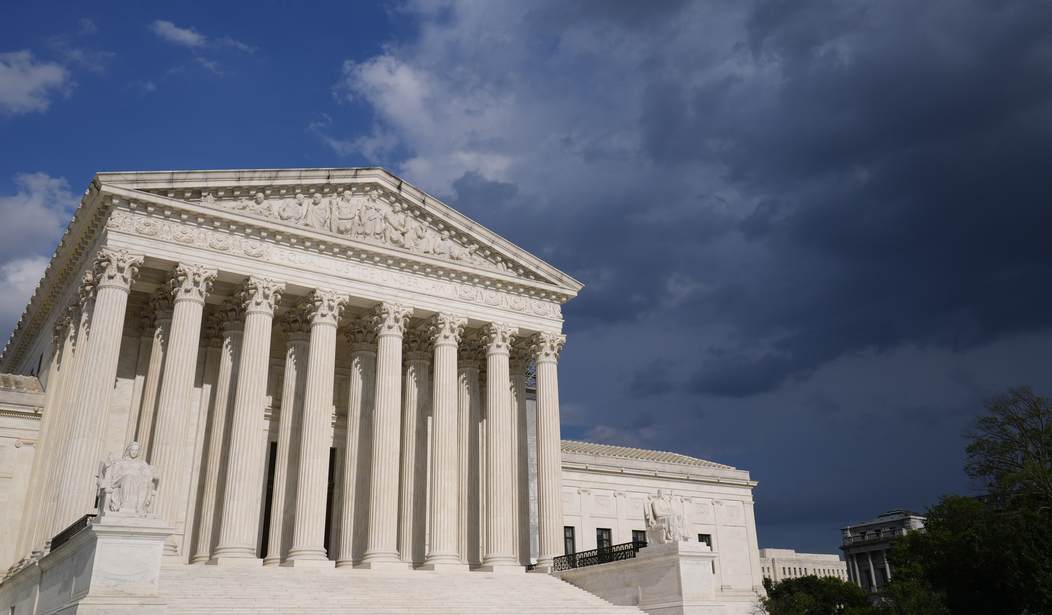In the ongoing battle over the possession of handguns for those over the age of minority but under 21, an important brief was filed in the U.S. Supreme Court this week. The case is Paris v. Lara and hails from Pennsylvania via the Third Circuit Court of Appeals.
In January the Circuit court ordered that provisions of the Keystone State’s law concerning these “lost adults” be enjoined. In March, the Third Circuit denied a request from Paris to have the case reviewed en banc, and Paris subsequently requested the High Court take the case.
The Second Amendment Foundation and Firearms Policy Coalition filed their reply brief on Thursday explaining to the court why the lower decision should stand. Filing on behalf of Lara et.al. is attorney Josh Prince from Civil Rights Defense Firm, P.C, and attorneys David H. Thompson, Peter A. Patterson, John D. Ohlendorf and William V. Bergstrom at Cooper & Kirk in Washington, D.C.
The brief lays out an analysis of the lower court’s finding and it's consistency with founding era analogues. “Because the decision below faithfully applied this Court’s precedents in concluding 18-to-20-year-olds cannot be barred from carrying firearms for self-defense,” the brief observed.
The Third Circuit’s textual analysis, which concluded that 18-to-20-year-olds are part of the group comprising ‘all Americans’ who presumptively have Second Amendment rights, followed directly from this Court’s decision in Heller. And its historical conclusion, that the militia laws from the Founding era that required 18-to-20-year-olds to be armed and the corresponding complete absence of any law cited by the Commissioner from that same period restricting their rights to use firearms when not serving in the militia demonstrated that 18-to-20-year-olds are entitled to exercise their Second Amendment rights on equal footing with other adults, was a textbook application of the Bruen framework.
“The Third Circuit correctly held that Pennsylvania’s age-based ban was unconstitutional under the Second Amendment. There is no reason for the Court to grant review and upset that decision,” said FPC President Brandon Combs.
“The courts of appeals are 2–0 post-Bruen in holding that 18-to-20-year-olds have full Second Amendment rights and the district courts are (to the best of Respondents’ knowledge) currently 4–1 on the same issue,” argues the brief. “The Court should not grant certiorari to review at this stage[.]”
“The case doesn’t deserve Supreme Court review,” said SAF founder and Executive Vice President Alan M. Gottlieb. “Pennsylvania State Police Commissioner Christopher Paris is trying to create a dispute where none exists, and he is using old case law which was essentially nullified by the Bruen ruling in 2022. Prior to the Bruen decision, courts applied intermediate scrutiny and ‘interest-balancing’ to such cases, but the high court has rejected that strategy as ‘one step too far.’ Here, the commissioner is highlighting cases that are irrelevant.”
We reached out to Josh Prince concerning the filing. “As Commissioner Paris’ petition for certiorari is baseless, as there can be no dispute that 18-to-20-year-olds have the same protections under the Second Amendment, we anticipate the U.S. Supreme Court to deny his petition and return this matter to the district court so that we can seek attorney fees and costs,” Prince told us. “It is truly sad that someone who swore an oath to uphold the Constitution, would deny those between 18 and 20 years of age their Second Amendment rights. We will continue to fight government encroachment on our inalienable, inviolate rights.”
This is the third case that’s bouncing around in the halls of the Supreme Court coming from the Second Amendment Foundation in 2024. Alan Gottlieb noted that, and said “The Court has granted certiorari to the VanDerStok case, and the Snopes case challenging Maryland’s semi-auto ban is pending certiorari. Paris v. Lara is third in line, he said.”
Hopefully the High Court will take into consideration the arguments raised by the Second Amendment Foundation, Firearms Policy Coalition, et.al. Should the Supreme Court deny certiorari, it’ll send a clear message to the lower courts that “lost adults” should be fully patriated with all of their God-given rights.








Join the conversation as a VIP Member